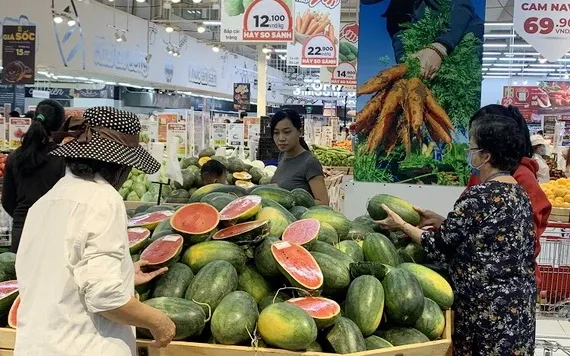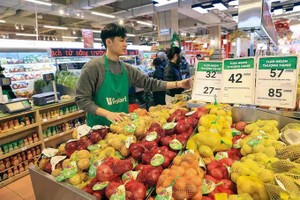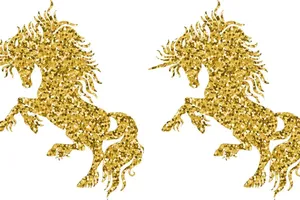This is the latest information from the Ministry of Agriculture and Rural Development.

On December 13, the Plant Protection Department under the Ministry of Agriculture and Rural Development said that the Ministry of Agriculture and Rural Development and the General Administration of Customs of China signed a protocol on plant quarantine for fresh watermelons exported from Vietnam to China.
Under the protocol, fresh Vietnamese watermelon must not be infected with five quarantine pests under China's phytosanitary list, including Tephritidae (Bactrocera correcta, Bactrocera zonata, Bactrocera latifrons), aphid of Phenacoccus solenopsi, bacteria of Acidovorax avenae subsp citrulli, leaves or soil.
Besides, all of the planting areas and packaging facilities of Vietnamese watermelons have to perform the registration which would be approved by both the Ministry of Agriculture and Rural Development and General Administration of Customs of China.
In addition, the planting gardens have to strictly apply Good Agricultural Practices (GAP) and ensure the monitoring of the processes of planting and packaging at the packaging facilities.
The packing facilities have to build a traceability system to ensure traceability to the planting areas that have been granted a code.
Following the protocol, the batches of watermelons from Vietnam will perform the procedures of import-export to the border gates of China allowed by the General Administration of Customs of China with the proportion of two percent of plant quarantine sampling rate and in compliance with China's national food safety standards.
Thanks to the protocol, Vietnam has had six fruits and agricultural products administered to export to China comprising mangosteen, black jelly, durian, banana, sweet potato and watermelon.
Vietnam has had 13 agricultural products being officially exported to China so far, comprising bird's nest, sweet potato, dragon fruit, longan, rambutan, mango, jackfruit, watermelon, banana, mangosteen, lychee, passion fruit and durian together with black jelly.
The upgrade of the import and export activities for agricultural products and goods according to the protocol is an important basis to ensure sustainable exports and standardize regulations on the import-export of agricultural products between the two countries.
























